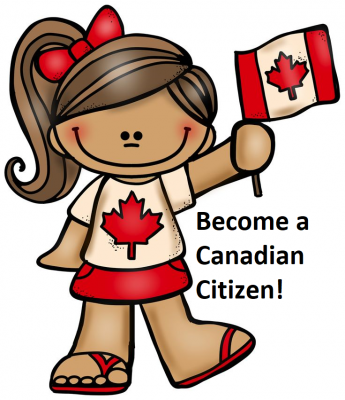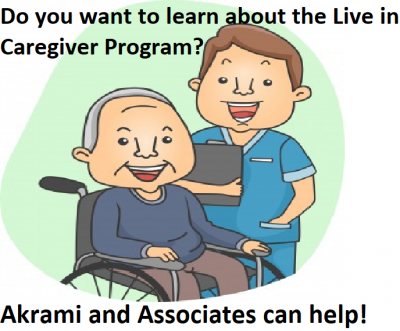Applying For Express Entry under the Available Federal Economic Programs
If you have valuable skills and experience working in Canada or abroad, which would be a valuable addition to the Canadian economy, you may have the chance to apply for express entry, under one of the available federal economic programs. There are specific requirements you must meet for each specific program, though, the 3 different programs available aim to provide foreign nationals the opportunity to apply for high skilled professional and managerial positions, as well as skilled trade positions, so, there is something for almost anyone who is a highly qualified worker. The 3 federal economic programs I speak of are the Canadian experience class, the Federal Skilled Workers Program (FSWP), and the Federal Skilled Trades Program (FSTP). As mentioned, they each have specific requirements to be eligible, though, they are each a very unique opportunity for highly qualified workers, regardless of the field their occupation is in. Keep reading this blog for a breakdown of the federal economic programs available through express entry.
How Does Express Entry Work?
Essentially, applicants create a profile if they are eligible for one of the three federal economic programs, and receive points for their language abilities, education level, previous work experience, whether or not they have a job offer, and several other factors. Using a point based system, otherwise known as a Comprehensive Ranking System (CRS) individuals are assessed to determine the value they bring to the Canadian working economy. Depending on these factors, you will be given a score, which represents your worth to Canadian employers. For example, under all programs, having post-secondary education will give you additional points, though; it is not always a requirement.













